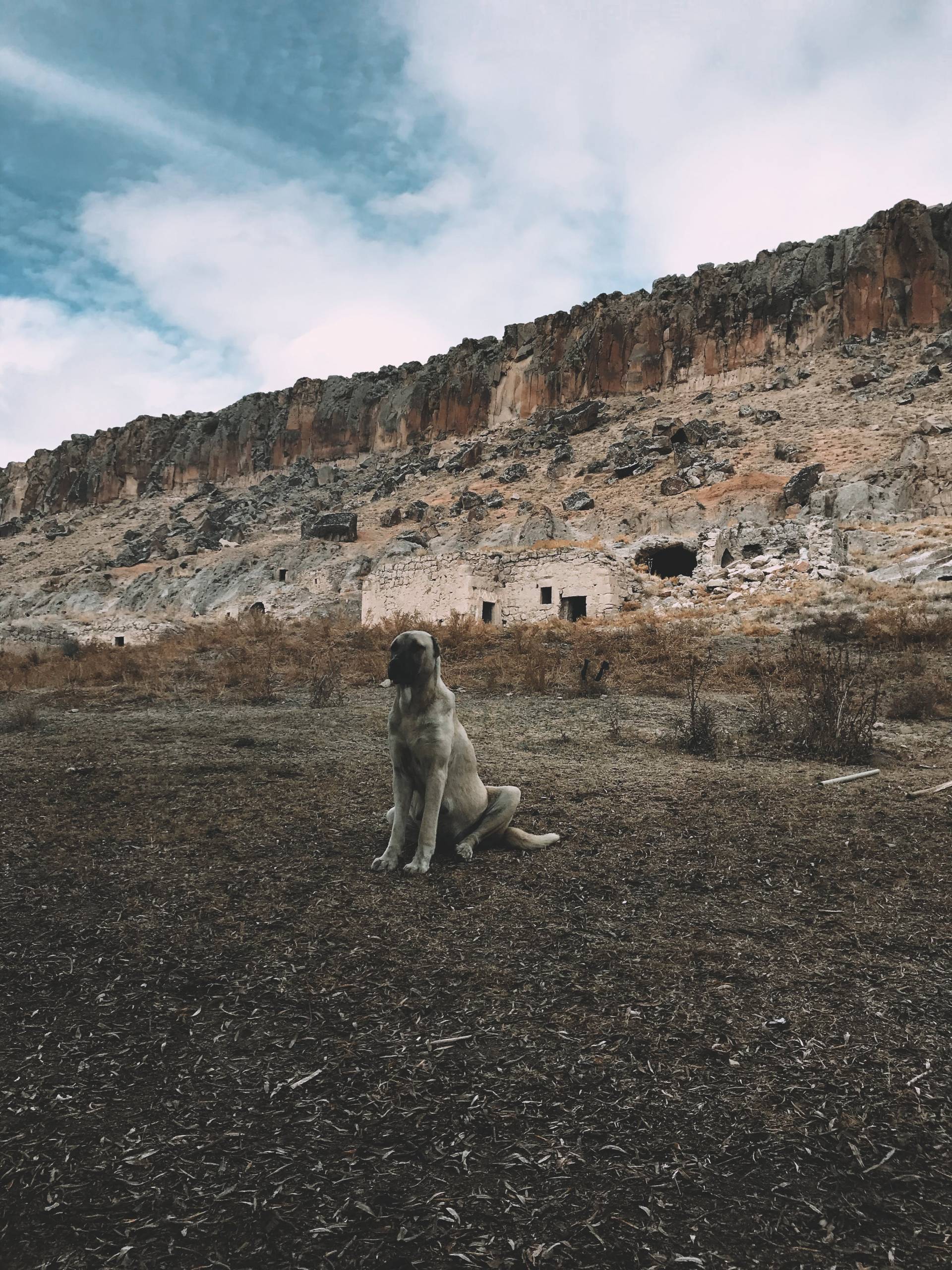
Assessing Your Dog’s Weight
Before diving into weight loss strategies, it’s crucial to understand where your dog currently stands in terms of weight. Consult with your veterinarian to determine your dog’s ideal weight based on their breed, age, and overall health. Your vet can also help identify any underlying health issues that may be contributing to your dog’s weight gain. By getting a clear understanding of your dog’s weight and health status, you’ll be better equipped to develop an effective weight loss plan.
Evaluating Your Dog’s Diet
Next, take a close look at your dog’s diet. Are they consuming an appropriate amount of food for their size and activity level? Overfeeding and providing too many treats can quickly lead to weight gain. Consider the quality of the food you are providing. Ensure that your dog’s diet consists of high-quality, nutrient-dense food that is appropriate for their age and size. Avoid free-feeding and establish regular meal times to better control portion sizes.
Incorporating Exercise and Activity
Just like humans, dogs need regular exercise to maintain a healthy weight. Evaluate your dog’s current activity level and consider incorporating more physical activity into their daily routine. This can include regular walks, playtime, or engaging in dog-friendly sports such as agility or swimming. Not only does exercise help with weight management, but it also provides mental stimulation and strengthens the bond between you and your furry companion.
Making Lifestyle Adjustments
In some cases, weight gain in dogs can be attributed to lifestyle factors. Stress, boredom, or changes in routine can impact a dog’s eating habits and activity levels. Take a closer look at your dog’s living environment and daily routine. Are there any stressors or changes that could be contributing to their weight gain? By identifying and addressing these factors, you can create a more supportive and balanced environment for your dog.
Monitoring Progress and Adjusting Accordingly
As you embark on the journey to help your dog lose weight, it’s important to monitor their progress closely. Keep track of their weight, body condition, and overall well-being. If you’re not seeing the desired results, don’t hesitate to consult with your veterinarian to make adjustments to your approach. Every dog is unique, and it may take some trial and error to find the most effective weight loss strategy for your furry friend.
Celebrating Small Victories
Weight loss is a gradual process, and it’s essential to celebrate the small victories along the way. Whether it’s a slight decrease in weight or increased stamina during playtime, acknowledging these achievements can be motivating for both you and your dog. Positive reinforcement and encouragement go a long way in supporting your dog on their weight loss journey.
Helping your dog lose weight is a journey that requires patience, dedication, and a deep understanding of your dog’s individual needs. By taking a holistic approach that encompasses diet, exercise, lifestyle, and ongoing monitoring, you can support your dog in achieving a healthier weight and a better quality of life. Remember, every step you take towards your dog’s well-being is an expression of your love and care for them. Here’s to a happier, healthier, and more active life for your cherished canine companion.
[/fusion_text]

